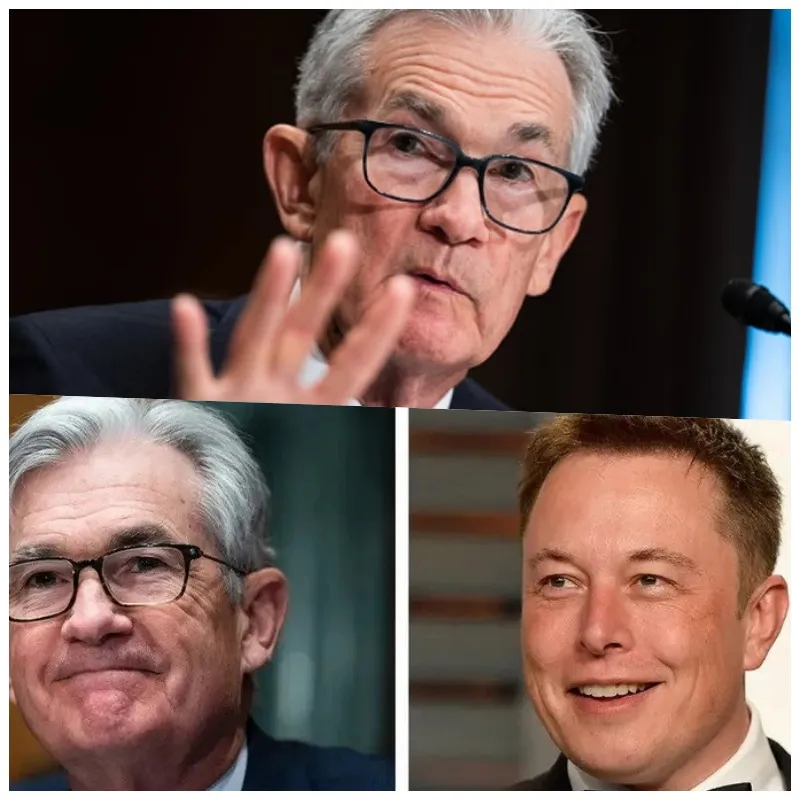
Tesla CEO Elon Musk recently took to X (formerly Twitter) to voice his discontent with the Federal Reserve’s decision to keep U.S. interest rates at historically high levels, reiterating his long-standing concern about the impact on the economy.
“The Fed needs to cut rates. It’s ridiculous that they haven’t done so yet,” Musk tweeted on August 4, 2024. His comment was in response to a post discussing Berkshire Hathaway’s increasing cash reserves. The investment giant, led by billionaire Warren Buffett, has been selling off shares, including a portion of its Apple stock, and increasing its holdings in government bonds. Musk suggested that Buffett’s strategy reflects the lack of appealing investment opportunities, largely due to high interest rates.

Musk’s critique of the Federal Reserve is not new. Over the past year, he has consistently argued that the high interest rates are harming consumer demand, particularly for electric vehicles. “For most people, buying a car is about monthly payments. Many Americans don’t have savings and are managing debt,” Musk said during Tesla’s October 2023 financial report announcement. According to Musk, elevated interest rates have significantly increased the cost of car financing, which in turn has weakened demand for Tesla’s vehicles.
The Tesla CEO’s latest criticism came just days after the Federal Reserve decided to keep interest rates steady. The current benchmark interest rate in the U.S. is 5.25–5.5%, the highest it has been in 23 years. This level has been in place since July 2023, part of the Fed’s strategy to curb inflation, which remains above its 2% target.

Federal Reserve Chairman Jerome Powell has hinted at the possibility of a rate cut during the upcoming September meeting, but he also stressed that any decision would be data-driven. “We need to evaluate the data, economic outlook, and risks. If we meet the criteria, we’ll discuss a rate cut in September,” Powell said. The Fed remains cautious about reducing rates too soon, as inflation continues to pose a challenge.
Last week, the U.S. Labor Department reported that the economy added just 114,000 jobs in July, well below the forecasted 175,000. Additionally, the unemployment rate rose to 4.3%, surpassing the expected 4.1%. These figures suggest a slowdown in job creation and could influence the Fed’s upcoming decisions.

Musk, meanwhile, continues to argue that the high interest rates are stifling economic growth and limiting consumer spending. Lower rates, he contends, would make financing more affordable for consumers, driving demand for large purchases like cars and boosting sectors like the electric vehicle market.
His criticism also reflects broader concerns in the business community about the Federal Reserve’s policy. Many executives, particularly in capital-intensive industries like automotive and real estate, have been urging the Fed to ease monetary policy to stimulate growth. As Tesla aims to maintain its leadership in the electric vehicle market, Musk believes lower interest rates could help reinvigorate demand.
As the Federal Reserve prepares for its next policy meeting, Musk’s calls for rate cuts will likely resonate with other business leaders, adding to the pressure on the Fed to reconsider its stance. Whether the Fed will heed these calls remains uncertain, as it navigates the delicate balance between curbing inflation and supporting economic growth.





